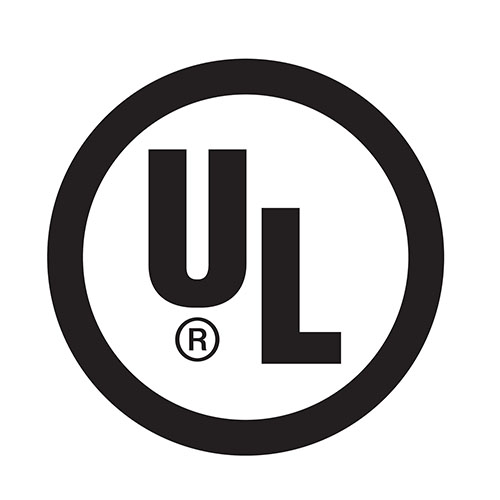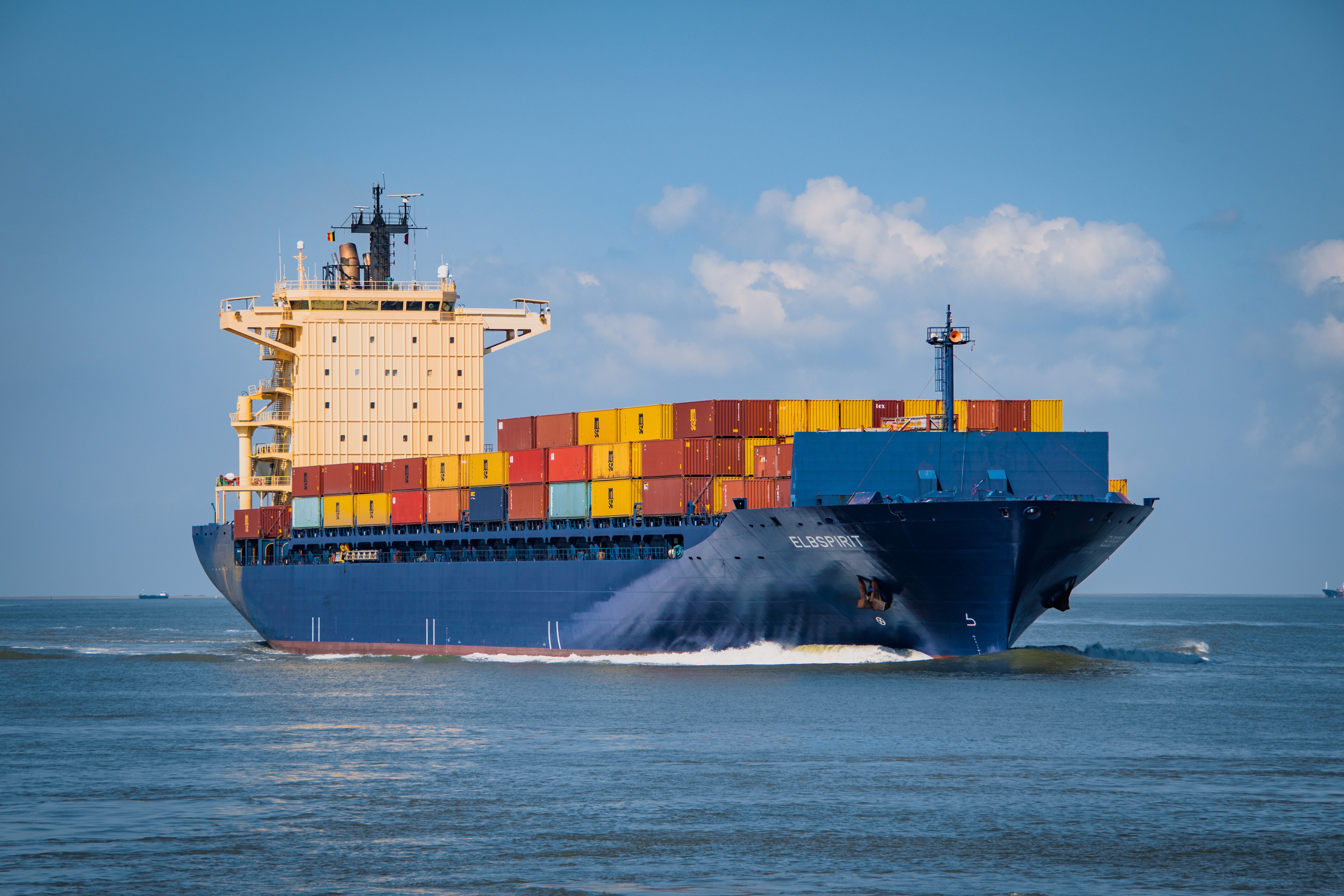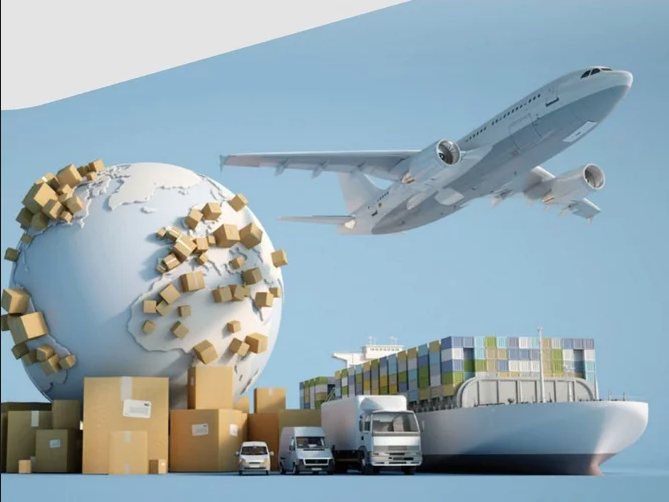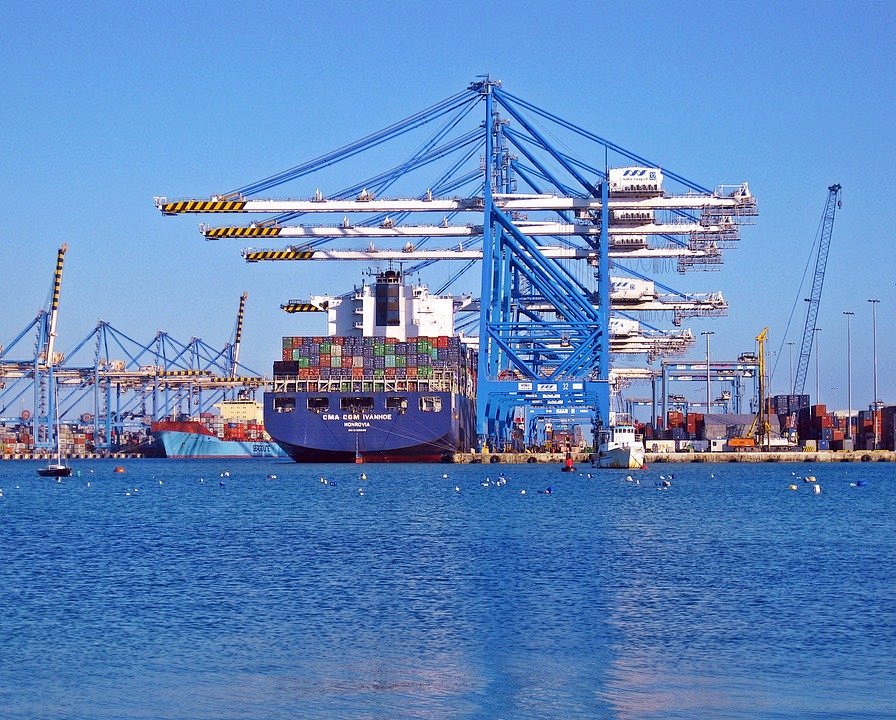In international logistics, it is necessary to comply with a series of laws and regulations to ensure the legal transportation, customs clearance, and delivery of goods. The following are the main laws, regulations, and compliance requirements that need special attention in international logistics:
1. International Trade and Transport Conventions
Incoterms: Incoterms are published by the International Chamber of Commerce (ICC) and specify the division of responsibilities, costs, and risks between buyers and sellers in international trade. Common terms include FOB, CIF, EXW, etc.
The Convention on Contracts for the International Sale of Goods (CISG), also known as the Vienna Convention, sets out the main terms of international sales contracts and applies to situations where the buyer and seller are in different contracting states.
2. Customs and Import/Export Regulations
Customs declaration: All imported and exported goods must undergo customs declaration, including the description, quantity, value, origin, etc. of the goods. False declaration may result in fines, detention, or confiscation of goods.
Tariffs and taxes: Understand the tariff rates and value-added tax requirements of the destination country, ensure accurate declaration and timely payment of relevant taxes and fees.
Origin rules: According to the regulations of the destination country, the origin of goods may affect tariff treatment. You need to prepare a certificate of origin (such as Form A, Form E, etc.) to enjoy tariff benefits.
3. Regulations on the Transport of Dangerous Goods
The International Maritime Dangerous Goods Code (IMDG Code) covers the classification, packaging, labeling, and transportation requirements for dangerous goods transported by sea. The shipper shall accurately declare the dangerous goods and provide packaging and labeling that comply with regulations.
The International Civil Aviation Organization Dangerous Goods Transport Regulations (ICAO TI) are regulations applicable to the transportation of dangerous goods by air, which stipulate the classification, packaging, and transportation requirements of dangerous goods.
4. Intellectual Property Protection
Infringement and counterfeit goods: In international logistics, it is necessary to ensure that the transported goods do not infringe on the intellectual property rights of others. The customs of the importing country conduct strict inspections on counterfeit and infringing goods, and once discovered, they may face seizure, fines, or even criminal proceedings.
Intellectual Property Filing: Some countries allow rights holders to file their intellectual property with customs, helping customs identify and intercept infringing goods.
5. Environmental and Health Regulations
The International Convention for the Prevention of Pollution from Ships (MARPOL) sets standards for preventing marine pollution caused by ships, covering waste disposal, oil pollution prevention and control, etc.
Basel Convention: Restrict the cross-border transportation of hazardous waste and ensure that the export, transportation, and disposal of waste comply with environmental requirements.
Health and safety compliance: Some countries have strict health and safety requirements for imported food, drugs, chemicals, etc., and must provide relevant inspection certificates and qualification certificates.
6. Trade sanctions and export controls
International sanctions regulations: Countries may impose trade sanctions on specific countries or organizations, prohibiting or restricting trade with sanctioned entities. Violating sanctions regulations may result in serious legal consequences, including high fines and criminal liability.
Export control regulations: Certain sensitive materials (such as high-tech products, dual-use items, etc.) are subject to strict export controls and require corresponding licenses before export.
7. Labor and Safety Regulations
The International Labour Organization Seafarers' Labour Convention (MLC) stipulates the working conditions, wages, and benefits of seafarers, ensuring the protection of the legitimate rights and interests of maritime crew members.
Port State Control (PSC): Port states have the right to inspect foreign vessels anchored to ensure compliance with international safety and environmental standards.
8. Contract and Responsibilities
Contract of Carriage: In international logistics, the contract of carriage between the carrier and the shipper specifies the rights and obligations of both parties. The transportation contract usually includes a bill of lading (B/L), which is the proof of ownership of the goods.
Limitation of Liability and Insurance: According to the transportation contract or international convention, the carrier's liability for damage or loss of goods is usually limited. It is recommended to purchase appropriate insurance for the goods to cover possible losses.
9. Quarantine and protection of animals and plants
Animal and plant quarantine regulations: Many countries have strict quarantine requirements for imported animals, plants, and their products. Before importing these products, a quarantine certificate must be obtained and may require quarantine inspection.
Agreement on Sanitary and Phytosanitary Measures (SPS): A World Trade Organization (WTO) agreement that allows member countries to engage in international trade while protecting human, animal, and plant health, but cannot be used as an excuse to restrict trade.
10. Specific regulations of the destination country
Import license and quota: Some countries implement quota or license systems for the import of certain goods, which require application and approval before shipment.
Labeling and packaging requirements: The importing country may have specific requirements for the labeling and packaging of goods, especially for food, drugs, and chemicals, which must comply with local laws and regulations.
11. E-commerce and Cross border E-commerce Regulations
Electronic customs clearance: With the rise of e-commerce, many countries have implemented electronic customs clearance systems, requiring all import and export documents to be submitted electronically.
Consumer Protection Law: In cross-border e-commerce, it is necessary to comply with the consumer protection regulations of the destination country, including return and exchange policies, information disclosure, and data protection.
12. Logistics compliance and anti money laundering regulations
Customer Due Diligence (KYC): Logistics service providers should conduct due diligence on customers to prevent involvement in illegal activities such as money laundering or terrorist financing.
Anti money laundering regulations: Each country has strict monitoring requirements for fund flows, and financial transactions involved in international logistics must comply with anti money laundering laws.
13. Maritime safety and piracy prevention
Maritime safety regulations, including the International Ship and Port Facility Security Code (ISPS Code), require ships and ports to take certain security measures to prevent terrorism and other threats.
Pirate prevention: Ships sailing in pirate prone areas must comply with international regulations and take necessary preventive measures, such as hiring security teams or adopting defensive routes.
By complying with these laws and regulations, international logistics companies can effectively manage legal risks and ensure the legal, safe, and compliant cross-border transportation of goods. Collaborating with professional logistics service providers and legal advisors to ensure comprehensive understanding and compliance with all relevant regulations is key to successful international logistics.











